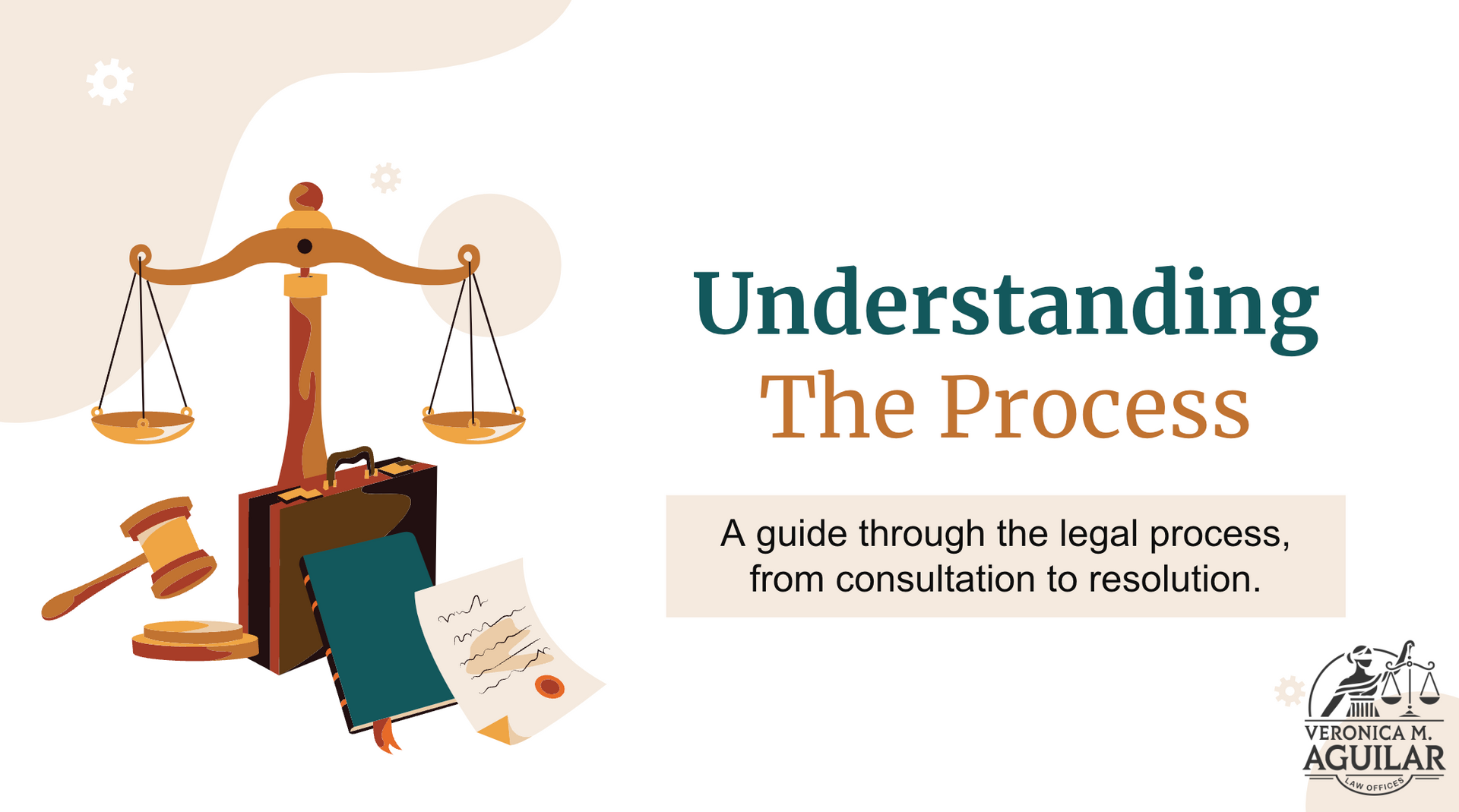Protect Your Corner: Navigating Divorce Legally
Divorce can be a challenging time, filled with emotional and legal hurdles. As you navigate this process, understanding and protecting your rights is crucial. Knowing what you're entitled to helps you make informed decisions about your future and provides a sense of control when things feel uncertain.
Property division, custody arrangements, and support entitlements are key areas where knowing your rights makes a big difference. These aspects can impact your financial security and family life dramatically. To ensure a fair outcome, take steps to gather important documents and stay organized throughout the process.
Effective communication and negotiation play vital roles in protecting your rights too. Being clear and assertive when discussing the terms of your divorce can prevent misunderstandings and lead to better results. With a proactive approach, you can safeguard your interests and work towards a stable and secure future for yourself and your family.
Understanding Your Legal Rights in Divorce
Understanding your legal rights in a divorce is essential to ensure a fair division of property and establish appropriate custody and support arrangements. These rights involve knowing how assets and responsibilities will be shared between you and your spouse.
In California, property rights during divorce depend on distinguishing between community and separate property. Community property includes assets acquired during the marriage, like homes, cars, or earnings, and is usually split equally between spouses. Separate property belongs solely to one spouse and includes items owned before marriage or received as a gift or inheritance.
Beyond property, there are also rights related to spousal and child support. Spousal support, known as alimony, involves one spouse making payments to the other to help them maintain a similar living standard following the divorce. Child support ensures that the financial needs of any children involved are met, covering essentials like healthcare, education, and living expenses. The court considers various factors, such as income and custody arrangements, to determine appropriate support amounts.
Knowing these legal rights helps you approach divorce negotiations with a clear understanding of what to expect, ensuring you can advocate effectively for your best interests.
Gathering and Organizing Important Documents
Gathering and organizing important documents is a critical step in protecting your assets and rights during a divorce. Having all necessary documentation readily available helps streamline the process and provides clarity when making important decisions.
To begin, collect key financial records. These documents can include bank statements, investment account details, and retirement fund information. Understanding your finances ensures that asset division is both fair and accurate.
Next, gather documents related to property ownership. This includes deeds for any homes or real estate, titles for vehicles, and mortgage or loan details. These records help establish ownership and value, which is important when dividing assets.
Tracking liabilities is equally important. Assemble records of any debts, such as credit card statements, personal loans, or shared bills. Knowing the extent of your obligations aids in reaching equitable agreements.
Essential documents to organize include:
- Bank Statements: Track all bank account transactions.
- Tax Returns: Provide a complete financial picture for the past few years.
- Property Deeds: Verify ownership and property values.
- Loan Documents: Highlight outstanding debts and responsibilities.
By carefully gathering and organizing these documents, you create a strong foundation for addressing financial aspects of your divorce. This preparation helps ensure your rights are protected and supports a smoother transition to your next chapter.
Effective Communication and Negotiation Strategies
Effective communication and negotiation are crucial in reaching a fair divorce agreement. Handling these conversations with care can make a significant difference in the outcome.
Start by fostering respectful communication with your spouse and their lawyer. Use clear, calm language and be straightforward about your needs and concerns. Avoid blaming or using aggressive tones, as this can escalate conflicts and slow down the process.
When approaching negotiations, clarity and assertiveness are key. Know what you want and why, backed by facts and reason. Prepare by listing your top priorities, such as custody arrangements or financial support, and be ready to discuss them openly.
Be aware of common pitfalls in negotiation, such as emotional arguments or unrealistic demands. These can derail discussions and prolong the divorce. Instead, aim for compromise and focus on practical solutions that benefit both parties. Flexibility, combined with a clear sense of your goals, helps in achieving what’s best for everyone involved.
Seeking Professional Help: Legal and Support Services
Navigating a divorce can be complex, so knowing when to seek professional guidance is important. Legal and support services provide valuable assistance to protect your rights and interests.
Seeking legal guidance early in the process is crucial. A skilled attorney can help you understand your options and represent your interests during negotiations or court proceedings. They offer expertise on local laws and access to resources that can make the process smoother.
Mediators play a valuable role by facilitating communication between you and your spouse, helping you find common ground. This neutral party supports both sides in reaching agreements without the need for a contentious court battle.
Counselors and therapists are also beneficial during a divorce. They provide emotional support and help manage stress, ensuring you make decisions with a clear mind.
Relying on these professionals can safeguard your interests and create a path toward a resolution that meets your needs.
Navigating Divorce with Confidence
Divorce is a journey that comes with challenges, but with the right knowledge and preparation, you can navigate it confidently. Understanding your rights, organizing important documents, and employing effective communication can help you manage the legal and emotional aspects of divorce.
As you move forward, remember the importance of being organized and informed. Use the resources available to you, including legal and mediation services, to facilitate a smooth transition. Each step you take toward protecting your rights brings you closer to a fresh start.
For personalized legal guidance and support tailored to your needs, the team at Veronica M. Aguilar Law Offices is here to help. Whether you need advice on legal rights, document preparation, or negotiation strategies, our experienced family law attorney in San Diego is ready to assist you every step of the way. Reach out today and take control of your future with confidence.












